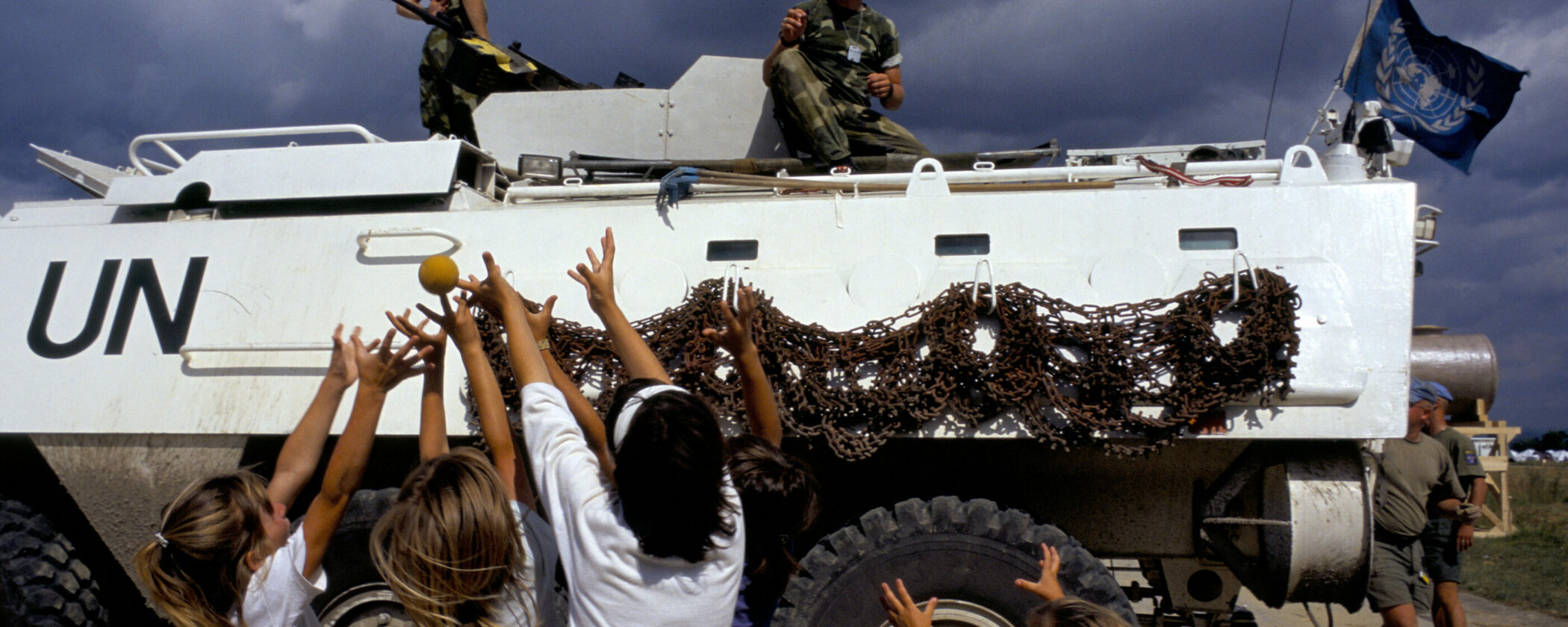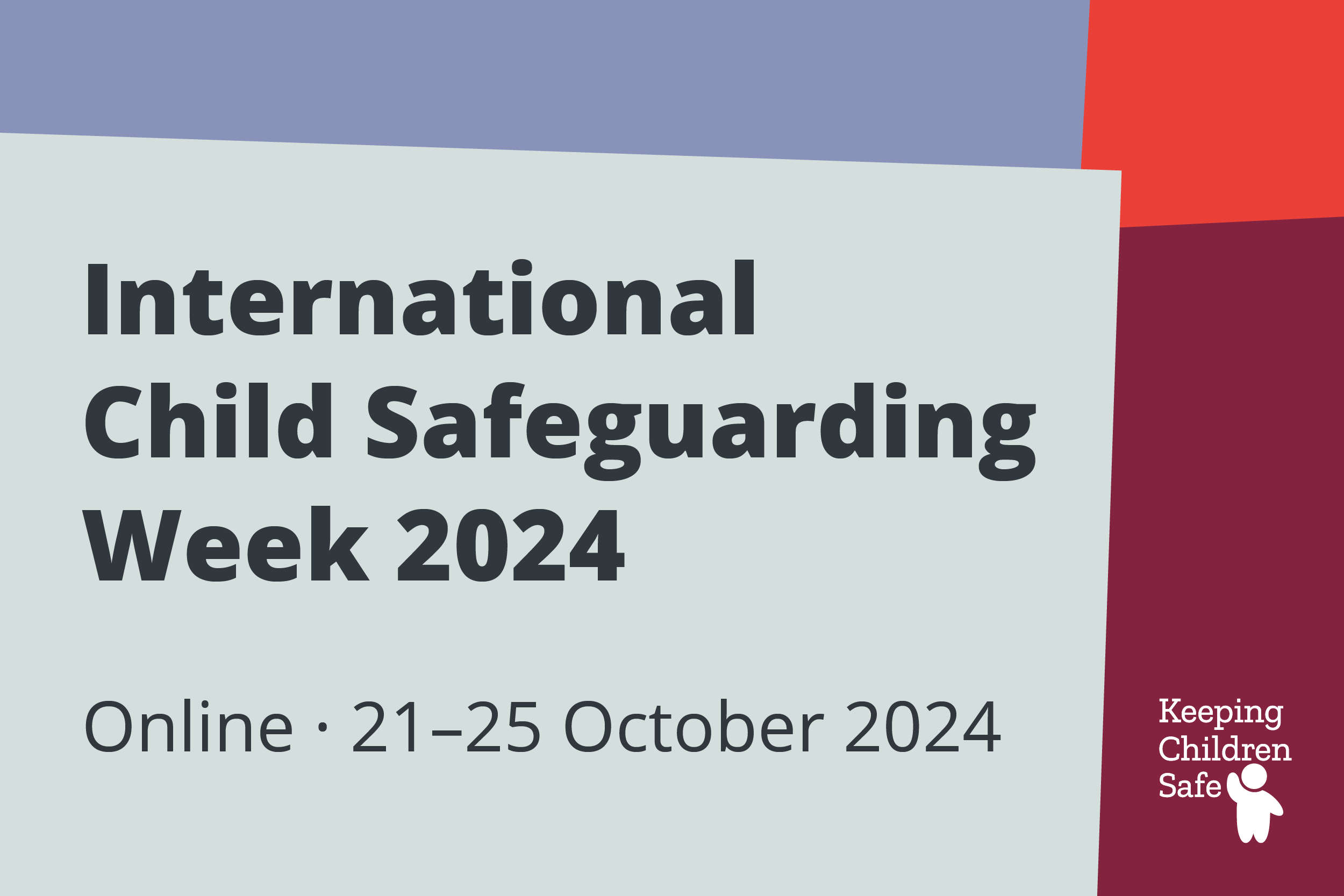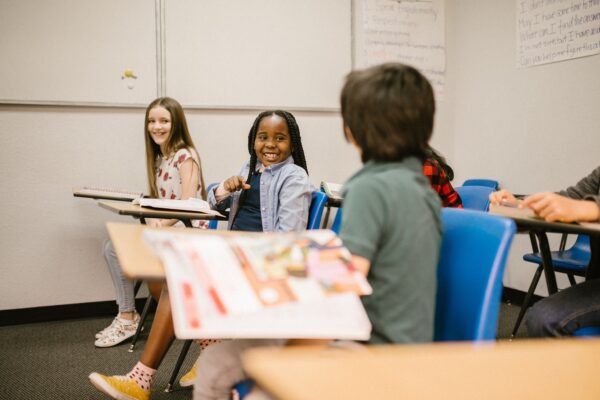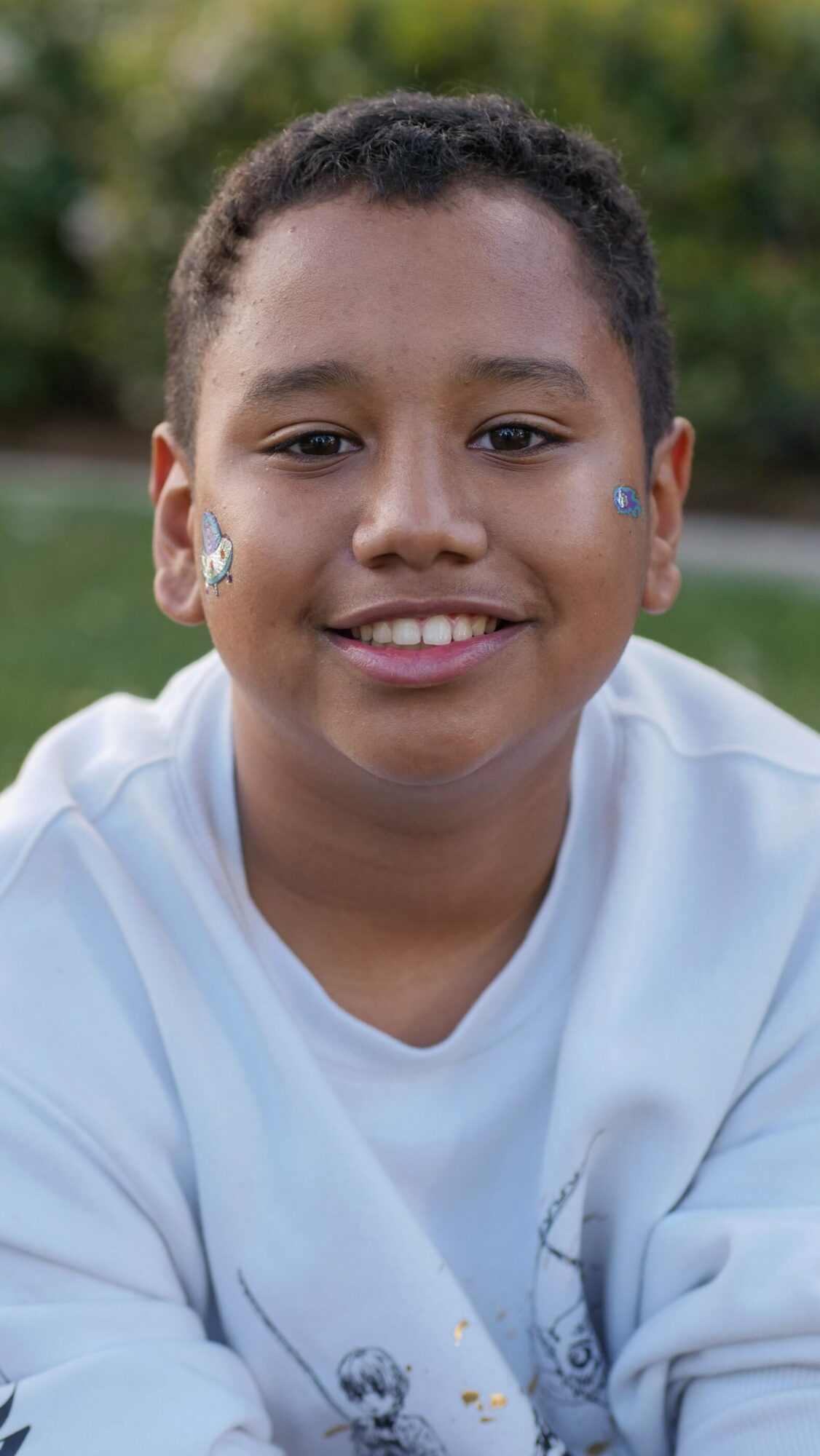Research and advocacy on child safeguarding
We work to defend children’s right to be safe in all organisations, no matter how big or powerful.

Keeping Children Safe partners with people who have been subjected to child abuse, with researchers, practitioners, governments, donors, the United Nations, militaries, the private sector and civil society in over 120 countries to advocate for children’s right to be safe in organisations.
Our thematic priorities include: safeguarding children in conflict and crisis situations, integrating child safeguarding into national child protection systems, child and youth participation in safeguarding and supporting donors to non-profit organisations to better understand child safeguarding
Our research and advocacy
All our advocacy is informed by independent research, evidence from our programmes and international good practice. It is grounded in a child-rights approach with a focus on implementing the best interests of the child principle which is paramount.
Partner with us
Keeping Children Safe partners with a range of institutions to develop and publish research on child safeguarding. Please get in touch if you are interested in working together or want to find out more about our research and advocacy projects.
Publications and resources
Read our research and advocacy publications in the KCS Resource Library.
Safeguarding children in conflict and crisis zones
In conflict and crisis situations worldwide children have been subjected to devastating abuse by aid workers and peacekeepers trusted to protect them. Since 2015, Keeping Children Safe has been leading research and global advocacy to end the abuse.
No child should ever have to face the horrors of war, but nearly a quarter of the world’s children live in conflict or disaster-stricken countries. They wake up to fear and uncertainty every day. Not only are these children already in desperate and terrifying situations – but tragically, they are also at risk of being abused by staff in organisations sent to protect them.
KCS partners with the University of Reading on the Safeguarding Children in Peacekeeping Project to research evidence-based solutions to child abuse in the context peacekeeping.
This has included field research in Argentina, Uruguay, Haiti, Ghana, Liberia and Brazil. As well as a ground-breaking partnership with the UK Foreign and Commonwealth Office, the UK Ministry of Defence, the Uruguayan Peacekeeping training school (ENOPU), and the Uruguayan Ministry of Defence to develop the world’s first child safeguarding policy for peacekeepers, pre-deployment training and a regional centre of excellence.
Most recently, KCS developed an open, online course: A Human Rights-Based Approach to Safeguarding Children in Peacekeeping. It was coproduced with military advisers, serving personnel, legal scholars, safeguarding practitioners and communities affected by peacekeeping operations and launched at an event hosted by the United Nations Office of the Victims’ Rights Advocate, in United Nations Headquarters, New York.
Safeguarding in national child protection systems
National child protection systems, the state authorities represented by law enforcement, judicial authorities, immigration authorities, social services, child protection agencies and more, are trusted to form a protective and empowering environment for all children. However, the evidence shows that in some cases, sexual, physical and emotional abuse of children, negligent treatment, exploitation, trafficking, child labour and other forms of child abuse are being perpetrated or facilitated by or within them. Keeping Children Safe works with partners across the world to embed child safeguarding measure into national child protection systems.
Child and youth participation in safeguarding
The United Nations Convention on the Rights of the Child (UNCRC) not only includes the right for children to be protected from violence, it also states that children have the right to have their opinions taken into account in matters that affect them, including the development of child safeguarding measures. From design to implementation and accountability of safeguarding measures, consulting with children is crucial to ensure robust child safeguarding frameworks are in place. For example, to identify risks, develop safeguarding policies and monitor their implementation.
From 6 to 8 September 2022, Keeping Children Safe hosted the first global online conference on child participation in safeguarding. A unique platform for practitioners, children and youth to share best practices, resources, challenges and successful experiences on how children and young people can participate in developing child safeguarding measures.
Download a child-friendly version of the International Child safeguarding Standards
#Stopandcheck campaign
Keeping Children Safe’s Stop and Check campaign aims to inspire people donating to non-for-profit organisations to make sure they have basic child safeguarding measures in place before they make a donation.
Find out more and get involved on the #Stopandcheck website.
Discover our conferences and events

International child safeguarding week
Online, 21-25 October 2024

Child safeguarding in the Americas
Hybrid conference 2023

